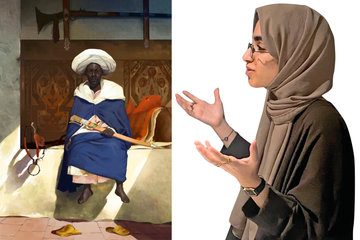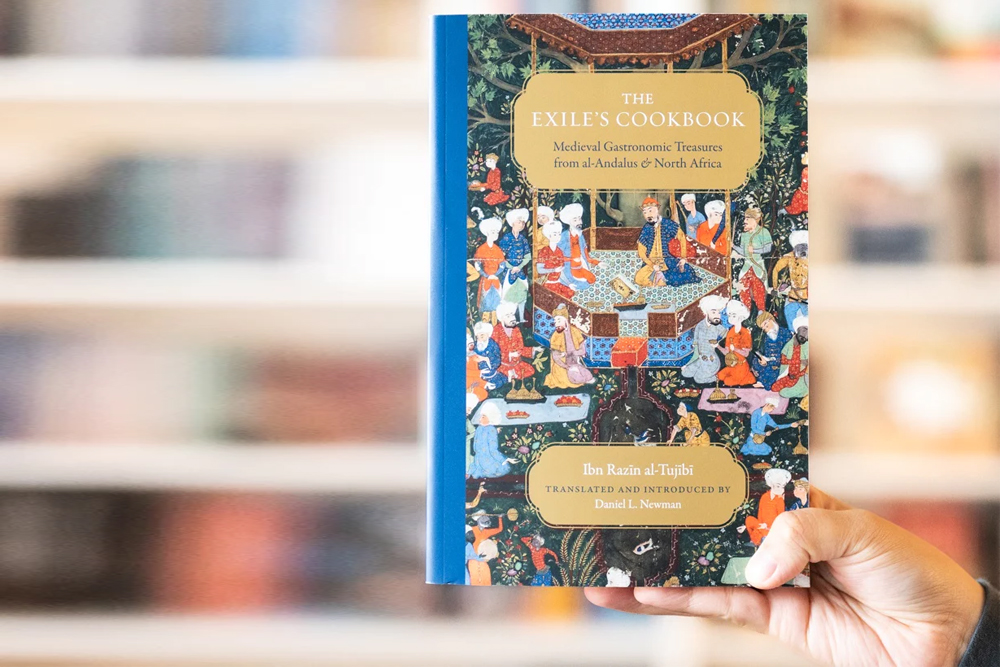
It is known that food has the power to stir deep emotions, even something as simple as a loaf of bread. Once, the long-exiled Palestinian poet Mahmoud Darwish spoke of his longing for his mother's touch, bread, and coffee. This link between food and a longing for one's native land has long been experienced by uprooted Muslims and Arabs, over centuries, according to the recently released book, "The Exile’s Cookbook: Medieval Gastronomic Treasures from Al-Andalus and North Africa." The book offers a compilation of recipes and cookery manuscripts from the 13th century by Ibn Razin Al-Tujibi, a prominent Andalusian scholar in Muslim Spain. Daniel Newman, a professor and cultural historian specializing in food history related to the Arab world at Durham University, has translated and compiled these treasures.
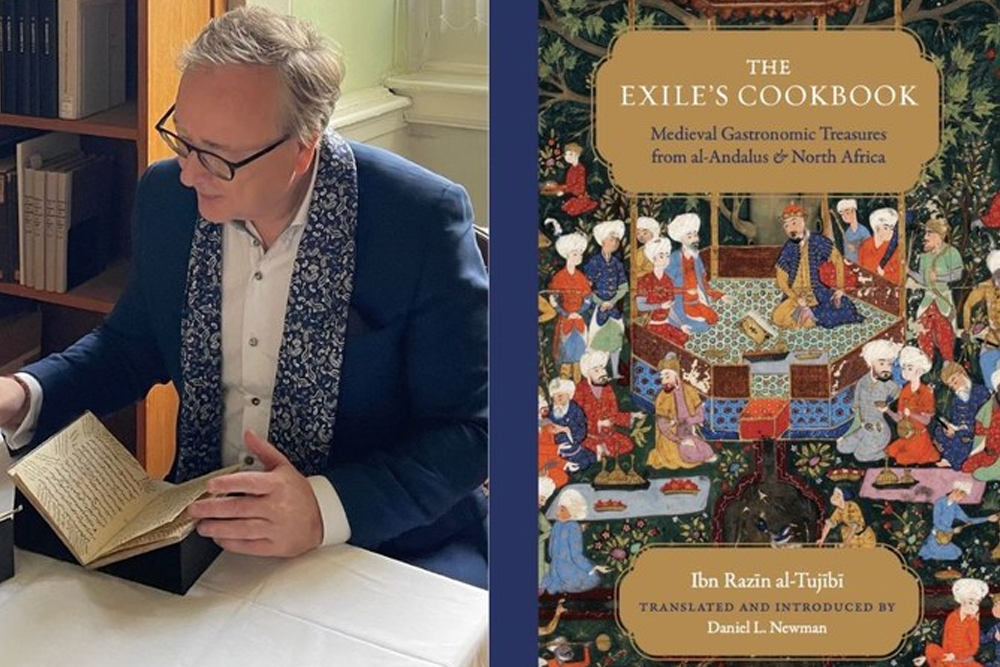
Newman emphasizes the significance of food history, stating that food is intrinsic to human existence and plays a vital role in forging relationships within societies. He highlights how food can reveal the movement of people, societal development, and the impact of challenges on a society's culinary sophistication. Newman's zeal for medieval Arab cuisine has led him to recreate nearly 5,000 dishes over the past 13 years. He has arranged banqueting events in Saudi Arabia, Bahrain, and the UAE to introduce these traditional foods to the public, challenging misconceptions about Arab cuisine.
"The Exile’s Cookbook" presents 480 recipes, including bread, stews, porridges, truffles, eggs, poultry, meats, vegetables, sweets, and instructions for making soaps and powders. Newman admires the structure of the book, which organizes recipes by ingredients, and he notes the seriousness with which Al-Tujibi preserved this culinary heritage.
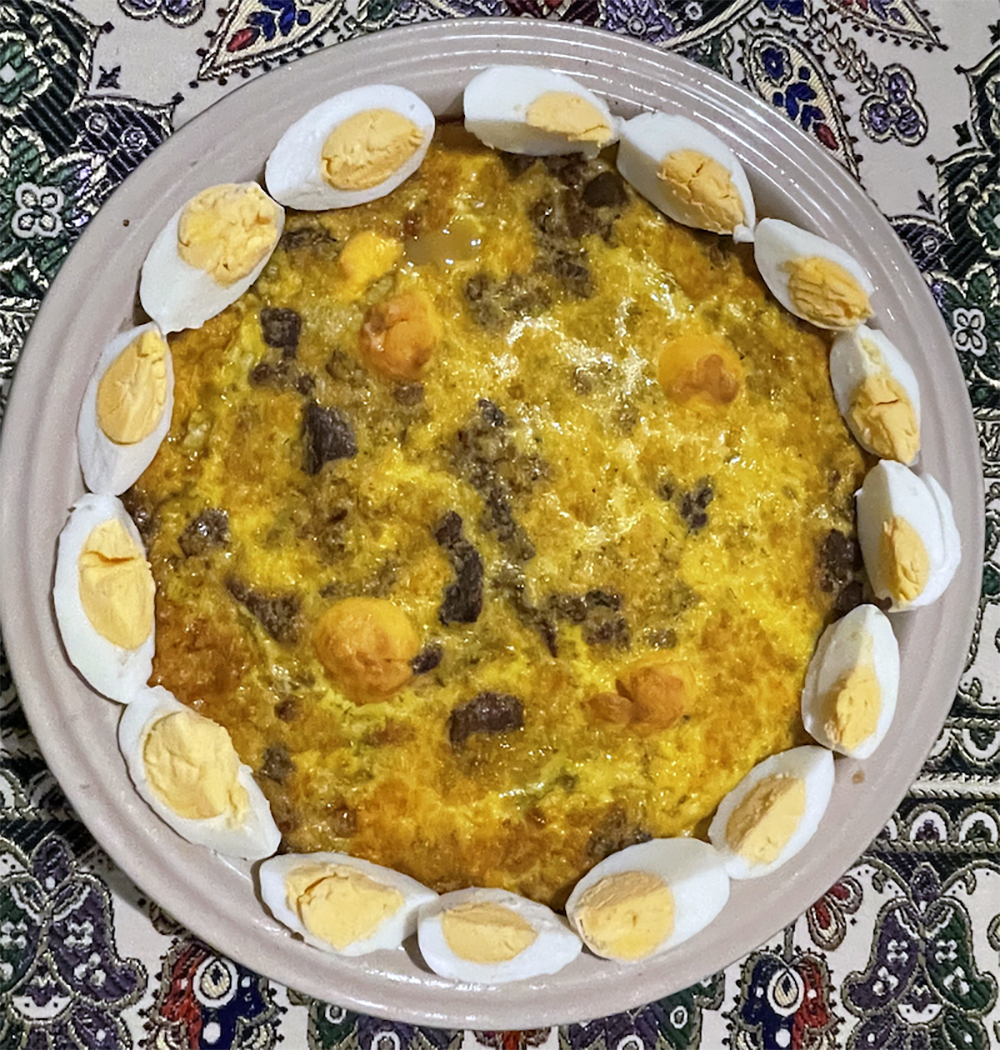
An example of Andalusian lamb and asparagus casserole.
Newman's interpretation of the manuscripts exposes the intricate and refined nature of medieval Arab cuisine, showcasing elaborate cooking techniques and specific culinary implements. He finds it fascinating that some original recipes, such as paella with rabbit and date- or fig-filled 'maqrud' sweets, are still enjoyed today. Al-Tujibi, born in Murcia, Spain, to a scholarly family, experienced upheaval when he and his family were forced to leave during a period of political turmoil in 1247.
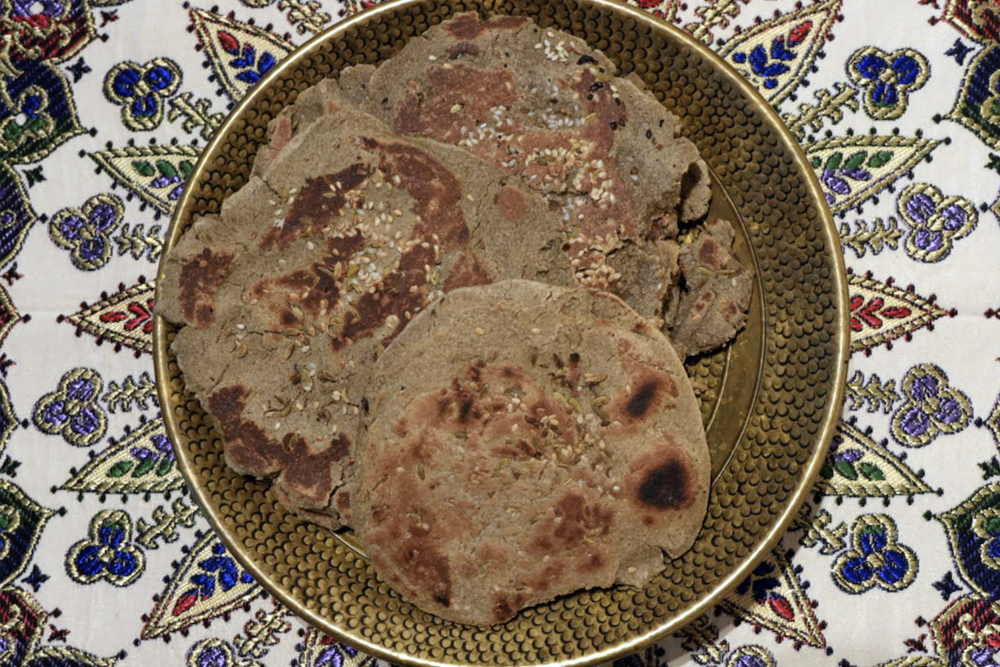
Andalusian millet bread.
Newman believes that Al-Tujibi's work deserves more attention, as it sheds light on the culinary contributions of Arabs to European cuisine during the Middle Ages. He highlights the introduction of foods and spices like sugar, carrots, aubergines, and cauliflowers, with even Italian staples like pasta and cream-filled cannoli pastries having Arab origins. Popular ingredients in Al-Tujibi's time included meat, dairy, pepper, cinnamon, ginger, cumin, coriander, mint, and eggs, showing a particular obsession with the latter. Newman contends that Al-Tujibi's culinary collection is a priceless window into his life and a poignant ode to his homeland.





